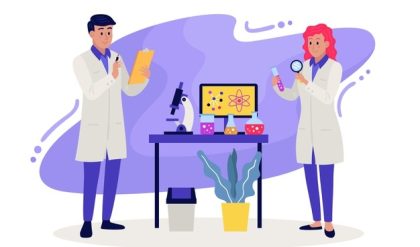The heart and circulatory system make up your cardiovascular system.

The heart and circulatory system make up your cardiovascular system. Your heart works as a pump that pushes blood to the organs, tissues, and cells of your body. Blood delivers oxygen and nutrients to every cell and removes the carbon dioxide and waste products made by those cells. Blood is carried from your heart to the rest of your body through a complex network of arteries, arterioles, and capillaries. Blood is returned to your heart through venules and veins. If all the vessels of this network were laid end to end, they would extend for about 60,000 miles (more than 96,500 kilometers), which is far enough to circle the planet Earth more than twice!
The one-way system carries blood to all parts of your body. This process of blood flow within your body is called circulation. Arteries carry oxygen-rich blood away from your heart, and veins carry oxygen-poor blood back to your heart.
In pulmonary circulation, though, the roles are switched. It is the pulmonary artery that brings oxygen-poor blood into your lungs and the pulmonary vein that brings oxygen-rich blood back to your heart.
In the diagram, the vessels that carry oxygen-rich blood are colored red, and the vessels that carry oxygen-poor blood are colored blue. Click on Related Links for detailed views of the heart and cardiovascular system.
Twenty major arteries make a path through your tissues, where they branch into smaller vessels called arterioles. Arterioles further branch into capillaries, the true deliverers of oxygen and nutrients to your cells. Most capillaries are thinner than a hair. In fact, many are so tiny only one blood cell can move through them at a time. Once the capillaries deliver oxygen and nutrients and pick up carbon dioxide and other waste, they move the blood back through wider vessels called venules. Venules eventually join to form veins, which deliver the blood back to your heart to pick up oxygen.
